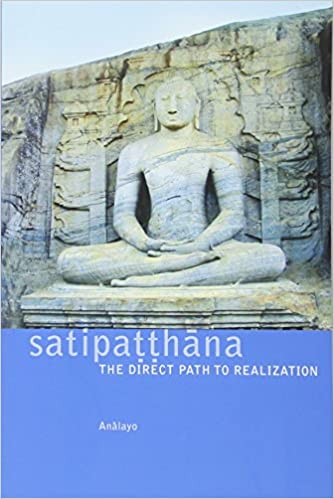
Joseph Goldstein explores the hallucinations of perception that keep us bound to the wheel of conditioned existence and teaches us how to train our noble supernormal powers.
This episode of Insight Hour is the conclusion of the talks given in Ep. 99 – Mindfulness of the Six Sense Spheres and Ep. 100 – The Fetters and Defilements of the Mind
Hallucinations of Perception
Joseph sheds light on the four hallucinations of perception the Buddha spoke of that keep us bound to the wheel of Samsara, the wheel of conditioned existence. He explores how we take what is impermanent to be permanent, what is unattractive to be attractive, what is suffering to be happiness, and what is not self to be self.
“[The Buddha] called them hallucinations of perception because with respect to happiness, with respect to freedom, we’re perceiving things erroneously. But even as we’re perceiving things erroneously, we think we’re perceiving things correctly, and that’s why we stay bound up on this wheel of conditioning.” – Joseph Goldstein
Training the Noble Supernormal Powers (27:35)
The Buddha recognized that because our perceptions are colored by our mental habits, it means they can be trained. Joseph teaches us how we can train our noble supernormal powers, giving us skillful ways of perceiving the world that lead to happiness and the end of suffering.
“What’s important to remember is that when we undertake this as a training, we’re making these choices of how to perceive based on wisdom, rather than having our perceptions simply being the playing out of old, conditioned mental habits.” – Joseph Goldstein
Ram Dass takes on miracles, psychedelic powers, and much more on Here and Now Ep. 154
“Love Your Crooked Neighbor With All Your Crooked Heart” (42:30)
Joseph breaks down a refrain from the Buddha at the end of the section of the Satipatthana Sutta that deals with the sense spheres. As we get a more direct look at the depth of conditioning in our minds, it propels a generosity of spirit and heart.
“The more we understand how our own perceptions and points of view are conditioned, the more we can appreciate and understand how other people’s points of view and perceptions are conditioned. And this is quite different than going through the world being overly attached to our way of seeing things; we don’t take it to be so ultimate.” – Joseph Goldstein



